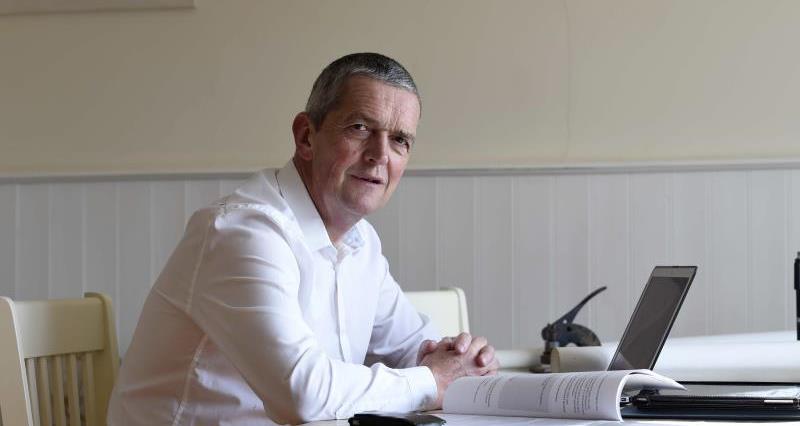Call me an ungrateful curmudgeon whose glass is half-empty rather than half-full but as one of the 7,500 I struggle to feel grateful. To my mind it wasn’t a welcome half payment, it was an admission that the RPA were still struggling to process my application. All I have been told by the RPA is my payment is delayed because I had an inspection last June.
Like thousands of others I’ve got no notification how the inspection went and no explanation why this has caused endless delays in processing my payment. As ever, RPA communications to claimants, who they laughably refer to as ‘customers’, remains shambolic.
But, looking on the bright side, at least at home we’ve got 49% which is a darn site more than some I’m hearing about – some members are reporting being mystified to see they have payments as low as 5%.
While I might still be short of a full payment, I’m relieved our pre-pop for 2016 looks roughly in order – which is not what I’m hearing from hundreds of members. The super helpful staff that man (or woman) our NFU help-lines in our call centre at HQ tell me their lines remain dominated by heaps of enquiries about BPS.
So as the applications for BPS 2016 go in as we run up to the witching hour that is midnight May 16th – there is much to be concerned about. Although we agree with the misgivings many members have about submitting applications under a cloud of confusion as to what has happened with their 2015 applications, our advice has to be to concentrate on getting applications in even if it involves a covering letter listing out all the outstanding queries.
Having said that we are not suggesting this is a satisfactory situation and we know many members will have understandable comlaint about submitting 2016 applications with such a lack of clarity about the accuracy of what is being submitted.
One development here we are very concerned about is it would seem many members who have traditionally submitted their own applications themselves are now employing agents to do it for them. Given the confusion surrounding 2015 BPS it’s not surprising many are losing their nerve.
But the fact is it is simply unacceptable that the scheme should have become so perplexing that the ordinary farmer feels it’s beyond them to make an application. Quite simply this is imposing an unacceptable cost on our industry.
In effect when a farmer employs an agent to fill in their BPS form they are buying expensive insurance that the agent has to cover themselves in case of being sued. So basically we have a Basic Payment Scheme that is so badly administered that farmers are having to pay for insurance when to use it. We are insuring the Government for their own incompetence.
Another consequence of all of this is many agents are swamped with work and are calling for a month’s extension to the May 16th deadline. Again while we understand why this is happening we are loathe to join these calls for fear such an extension will lead to yet more delayed payments next year as everything gets put back a month. Now that we have heard the RPA promise to pay 90% of BPS payments by December 2016 we are determined to hold them to it and not, at this early stage, give them an excuse now to start running away from that target.
All in all we remain concerned that the RPA is still over-stretched. Not only do they still have thousands of payments to get out from last year they now face the task of processing the 2016 applications with a mountain of unfinished business to clear up from the previous year.
As ever, we remind Government of the importance of these payments not just to the farm economy but to the wider rural economy as well. We also remind Government that responsibility for the competent administration of BPS lies with them not the RPA.
Finally, as conversations about the next round of CAP reform in 2020 start to kick off, we remind the EU Commission as to what happens when they do not heed advice to keep the CAP simple. The RPA are not the only delivery body in the EU struggling to administer this new, hopelessly convoluted CAP.
